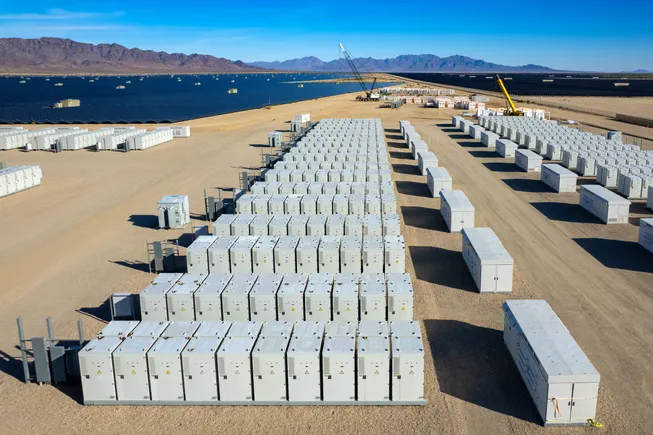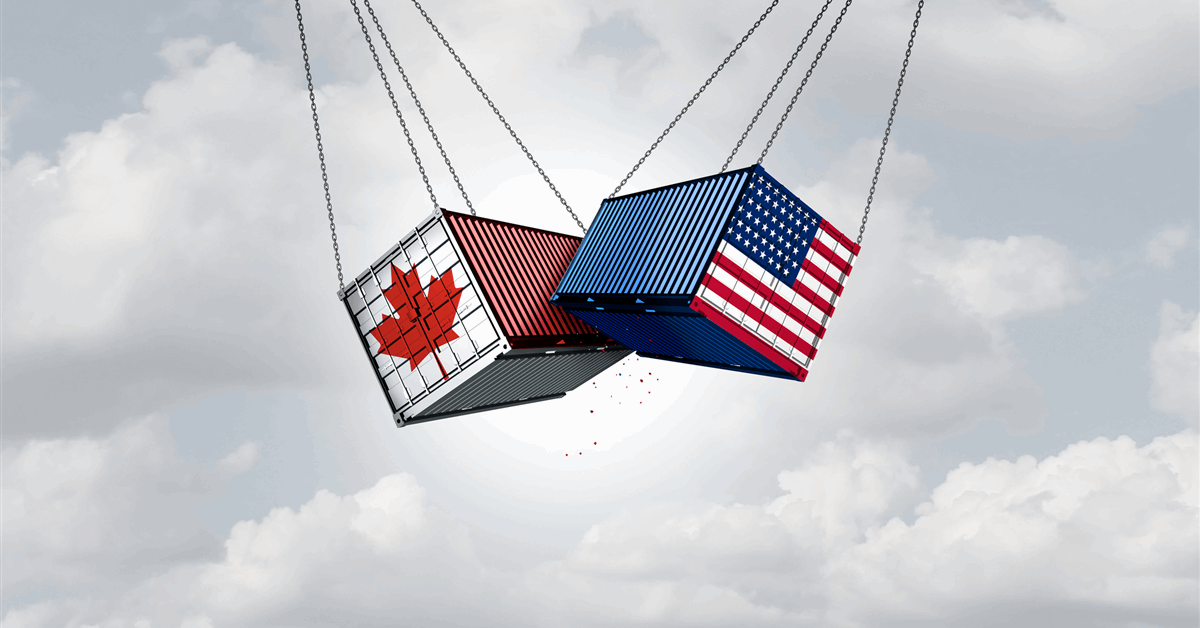
Chinese oil refiners are shunning Russian shipments after the US and others blacklisted Moscow’s top producers and some of its customers.
State-owned giants such as Sinopec and PetroChina Co. are staying on the sidelines, having canceled some Russian cargoes in the wake of US sanctions on Rosneft PJSC and Lukoil PJSC last month, according to traders. Smaller private refiners, dubbed teapots, are also holding off, fearful of attracting similar penalties to those faced by Shandong Yulong Petrochemical Co., which was recently blacklisted by the UK and European Union.
The Russian crudes affected include the widely-favored ESPO grade, which has seen prices plunge. Consultancy Rystad Energy AS estimates some 400,000 barrels a day, or as much as 45 percent of China’s total oil imports from Russia, are affected by the buyers’ strike.
Russia has cemented itself as China’s biggest foreign supplier, in part because its oil is so heavily discounted due to the penalties imposed by other countries after the invasion of Ukraine.
The US and its allies are now ratcheting up those sanctions, on both Russian producers and their customers, in a bid to stop the war by choking off Moscow’s oil revenues. China is the world’s biggest crude importer, and any constraints on sourcing from its neighbor are likely to work to the benefit of other suppliers.
Those could include the US, which agreed a landmark trade truce with Beijing at a meeting last week between leaders Donald Trump and Xi Jinping. But the sanctions aren’t a total loss for Moscow. Blacklisted Yulong, which has had cargoes canceled by western suppliers, has turned heavily to Russian oil because of a lack of other options.
Meanwhile, other private refiners are watching developments and refraining from actions that could trigger similar sanctions, according to Rystad. In any case, teapots are running up against a shortage of import quotas for crude oil, after tax changes shrank their use of other feedstocks. That’s likely to impede teapots’ purchases of Russian oil for the remainder of the year even if they were willing to skirt sanctions.
And if anything, the meeting between Trump and Xi has only added to the muddle. While the leaders were able to establish new ground rules for trade in items like semiconductors, rare earths and soybeans, what to do about Russian oil wasn’t mentioned in any public readouts.
What do you think? We’d love to hear from you, join the conversation on the
Rigzone Energy Network.
The Rigzone Energy Network is a new social experience created for you and all energy professionals to Speak Up about our industry, share knowledge, connect with peers and industry insiders and engage in a professional community that will empower your career in energy.























